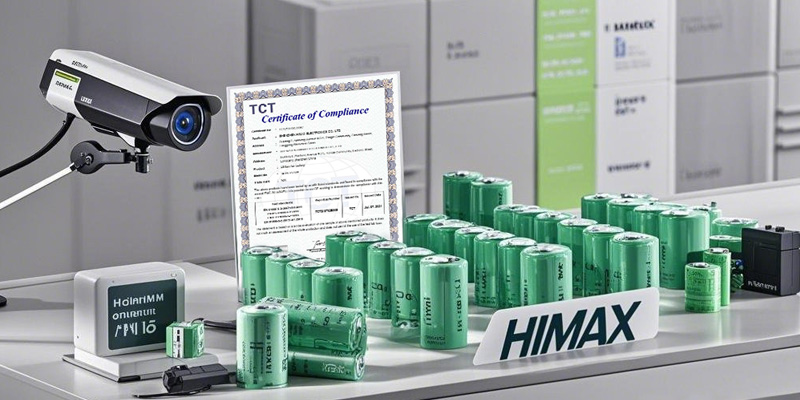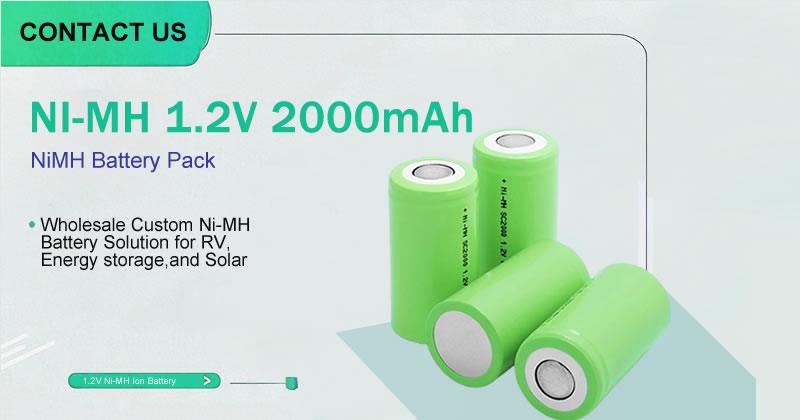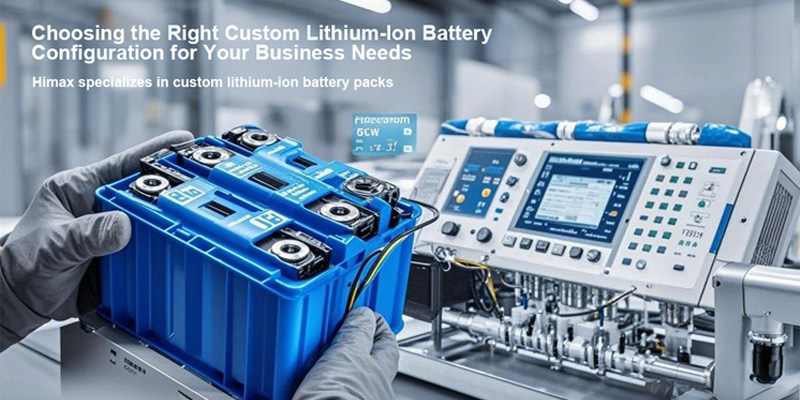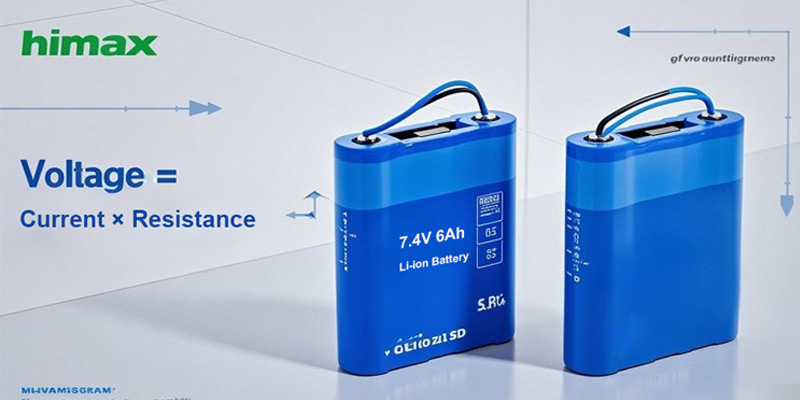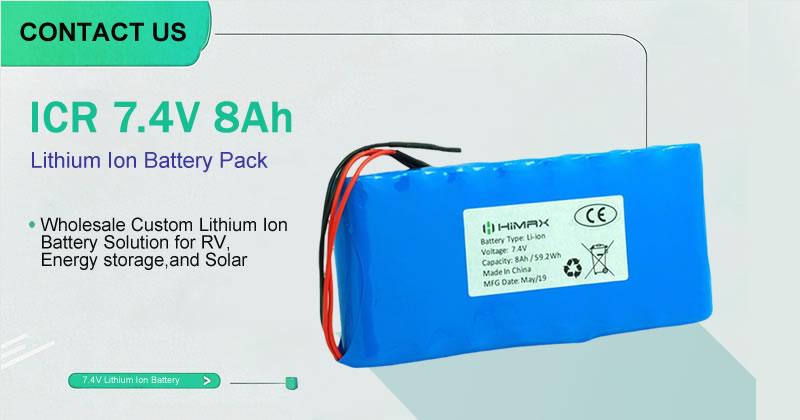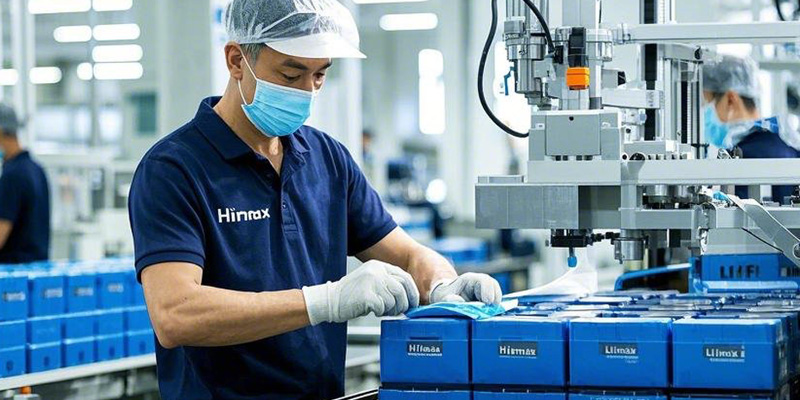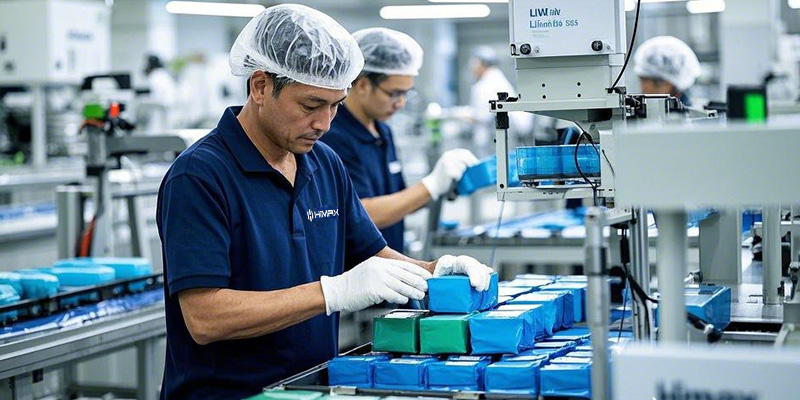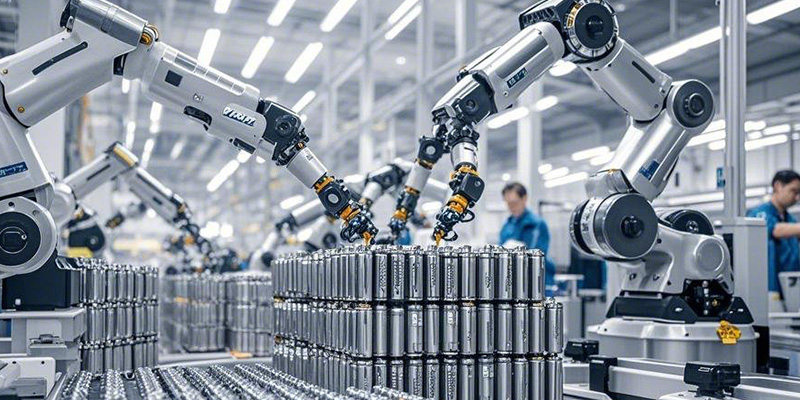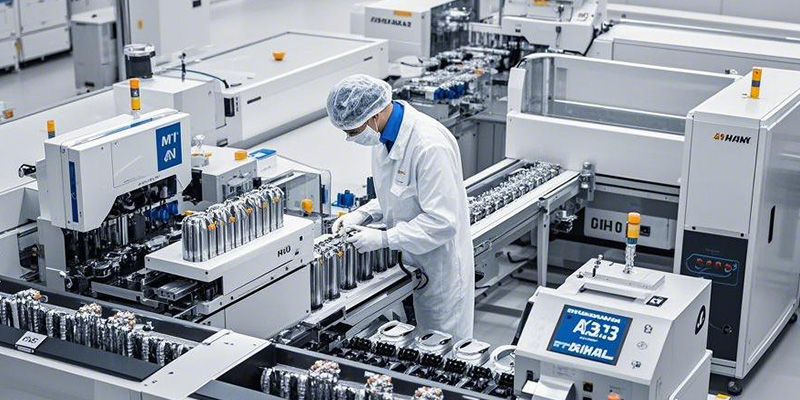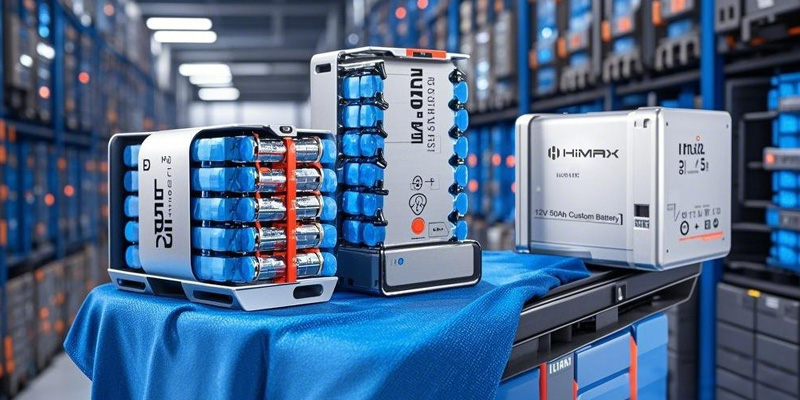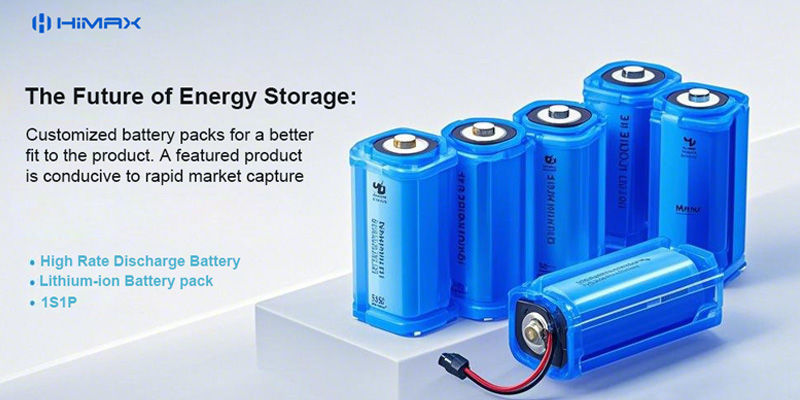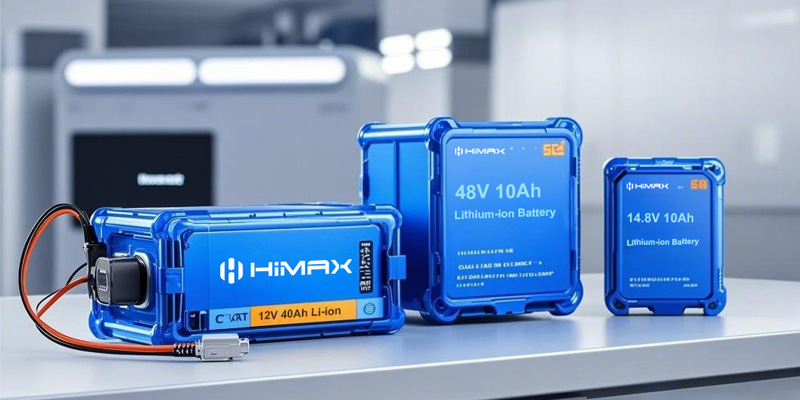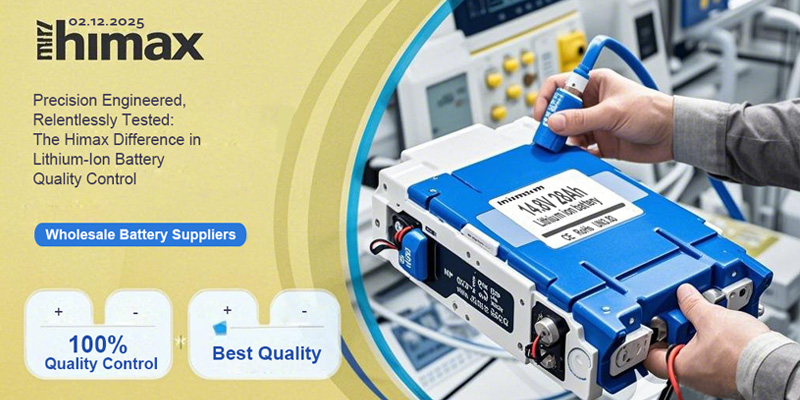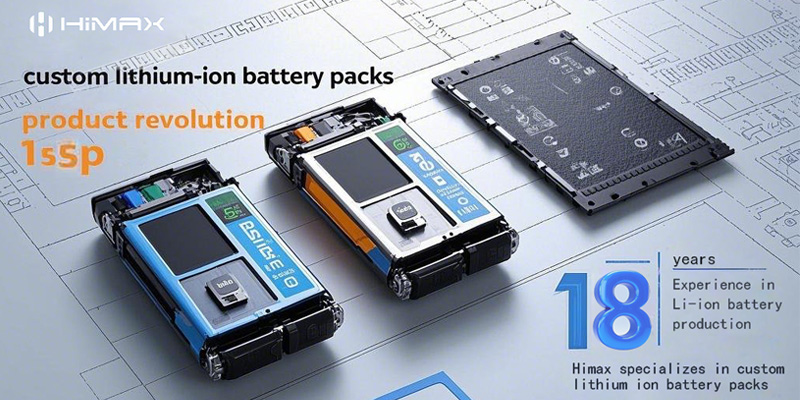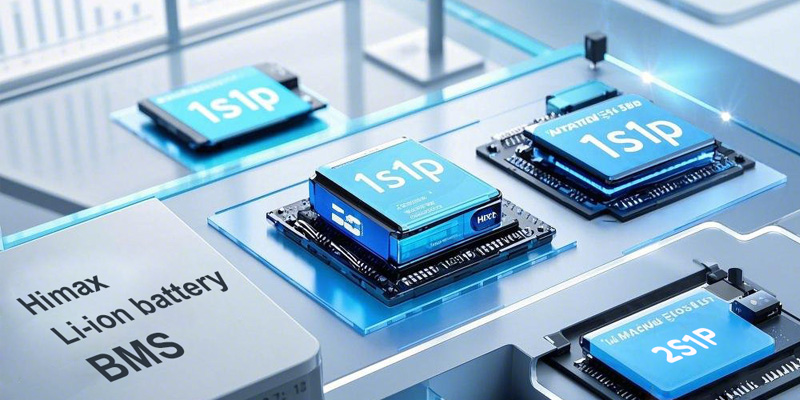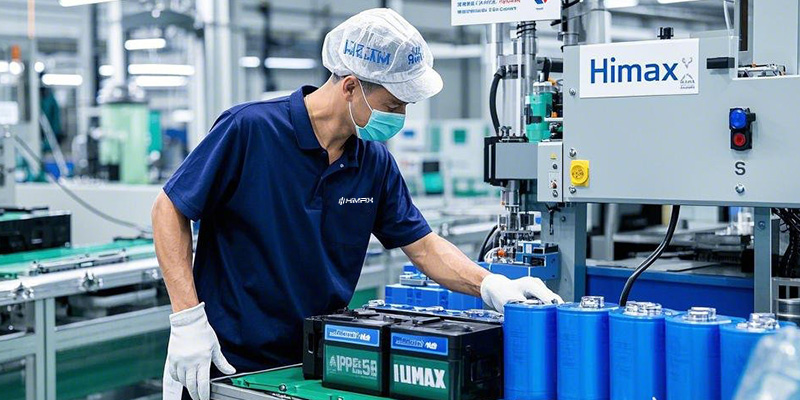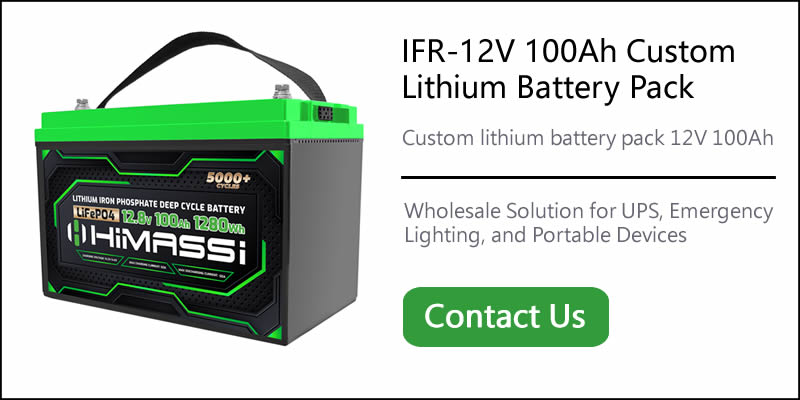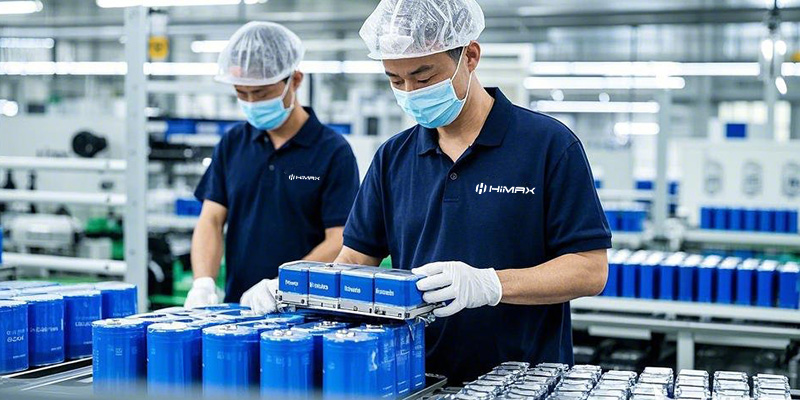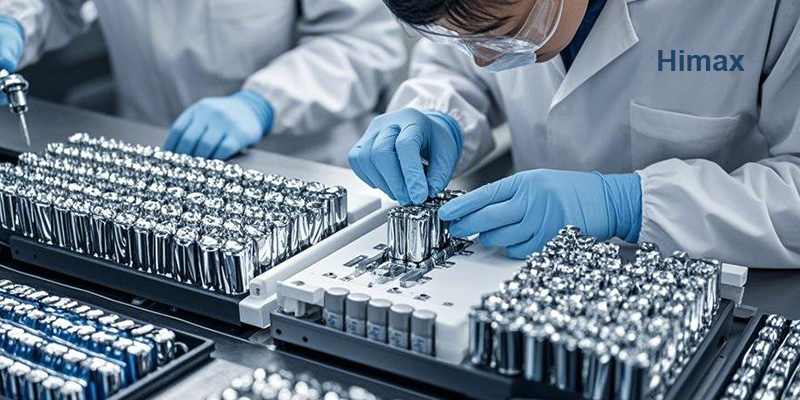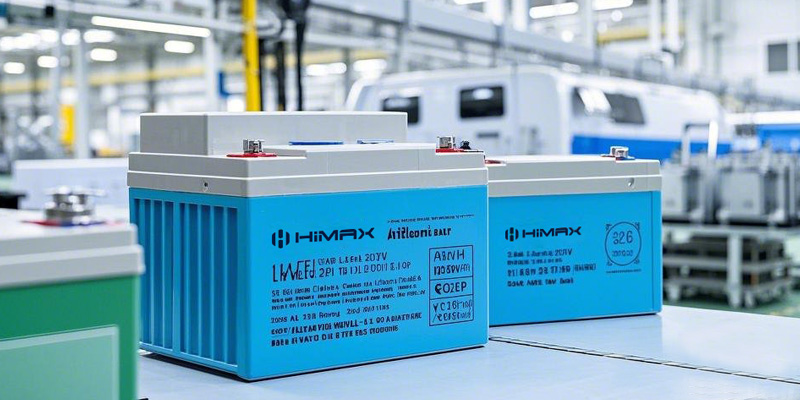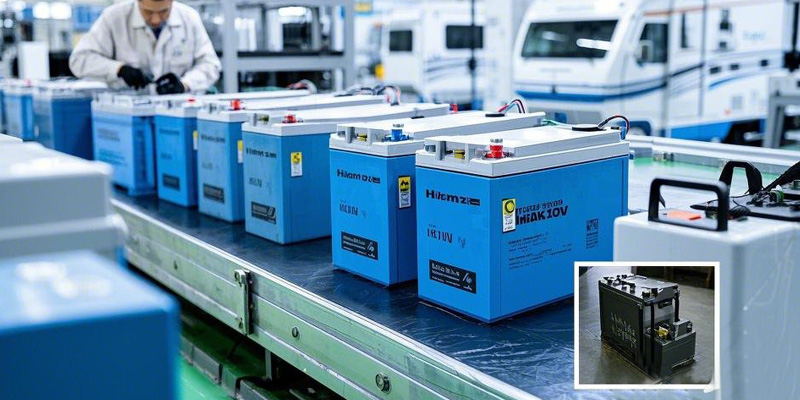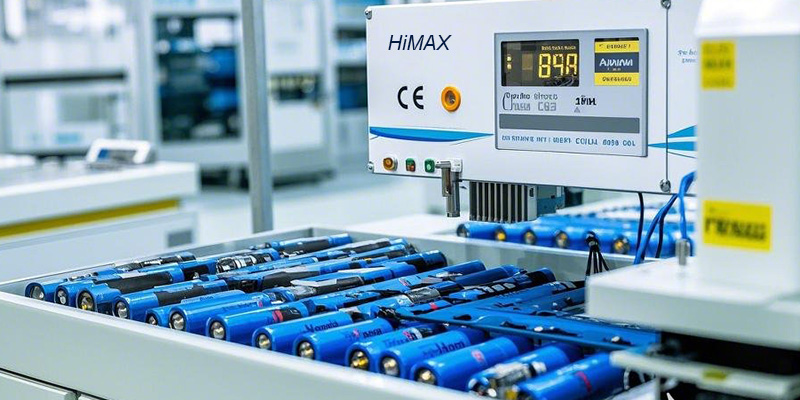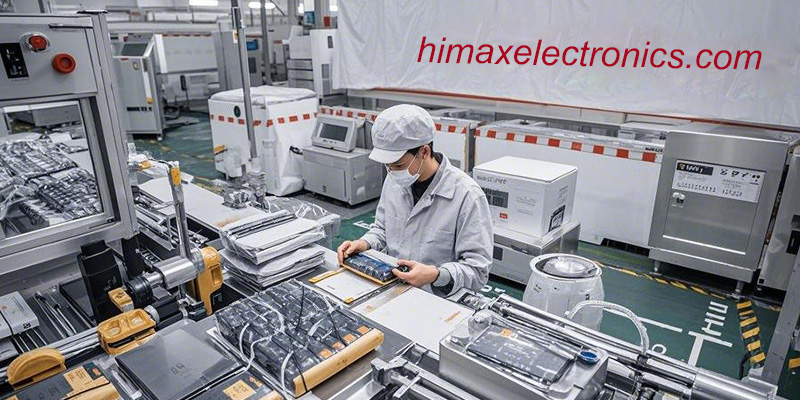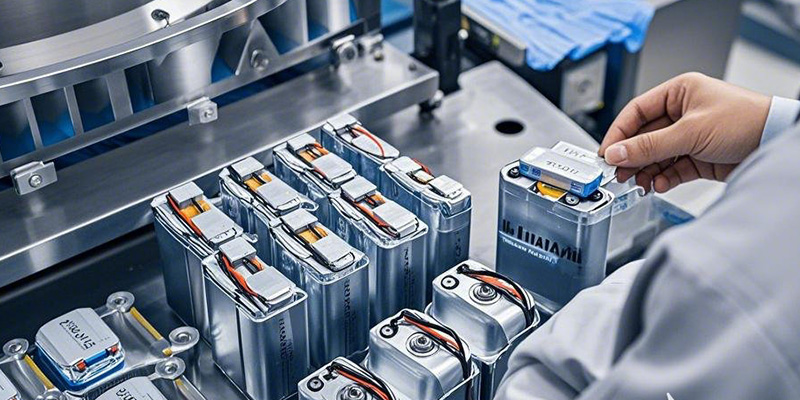Introduction: The Importance of NiMH Batteries in Commercial Applications
Nickel-metal hydride (NiMH) batteries play a crucial role in many commercial applications. They are known for their high energy density, environmental friendliness, and safety. These batteries are widely used in consumer electronics, medical devices, industrial tools, and renewable energy systems. Businesses that rely on NiMH batteries need a cost-effective way to source them without compromising quality.
The key challenge is how to maximize cost efficiency in bulk purchasing. Companies must balance price, performance, and long-term reliability when selecting a battery supplier. This is where Himax stands out, offering the best value for wholesale NiMH batteries without sacrificing performance or durability.
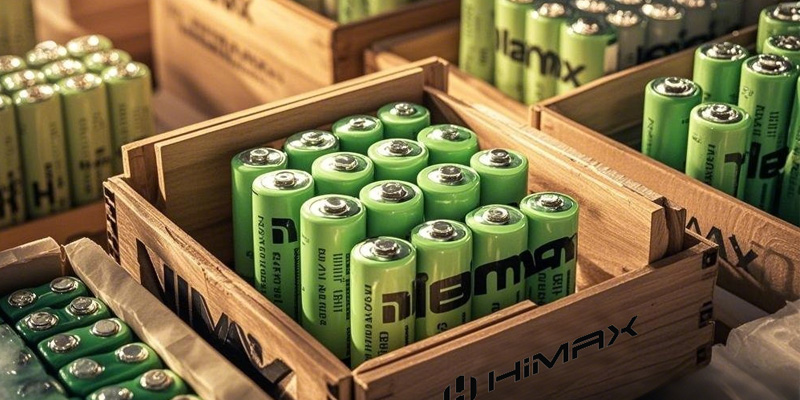
Himax’s Core Competencies: Technology and Manufacturing Advantages
Advanced Production Technology
Himax utilizes cutting-edge manufacturing processes to ensure high-quality NiMH batteries. The company employs automated production lines that enhance efficiency and consistency. This reduces errors, lowers costs, and improves overall product reliability.
Himax also implements strict quality control at every stage, from raw material selection to final product testing. Their state-of-the-art testing equipment ensures that each battery meets industry standards before reaching customers.
Economies of Scale
Bulk production allows Himax to significantly reduce per-unit costs. By manufacturing at scale, the company can optimize material usage and streamline logistics, making wholesale NiMH batteries more affordable while maintaining top-tier quality.
Continuous Research and Development
Himax invests heavily in research and development to improve battery performance. Their innovations include:
-
Longer cycle life: Enhancing the number of charge-discharge cycles.
-
Faster charging capabilities: Reducing downtime for businesses.
-
Higher energy efficiency: Maximizing output while minimizing waste.
This commitment to innovation ensures that businesses receive cost-effective and high-performing battery solutions.
Cost Efficiency Analysis in Bulk Purchasing
Competitive Pricing Advantage
By purchasing wholesale NiMH batteries from Himax, businesses benefit from lower unit costs. Himax’s streamlined production and bulk order capabilities allow them to offer competitive pricing without sacrificing battery reliability.
Customization for Maximum Efficiency
Himax provides customized battery solutions tailored to specific business needs. This customization helps companies avoid overspending on unnecessary features while ensuring optimal performance.
Optimized Logistics and Supply Chain
Himax operates an efficient logistics and supply chain management system, reducing transportation costs and delivery times. Their global distribution network ensures on-time and cost-effective delivery, helping businesses maintain steady operations.
Ensuring Quality and Reliability
Rigorous Quality Control Measures
Himax follows a strict quality assurance process, covering everything from raw material selection to final packaging. Their batteries undergo multiple tests, including:
-
Capacity and performance testing
-
Temperature resistance checks
-
Safety and durability assessments
Compliance with International Standards
Himax batteries are certified to meet global safety and environmental standards, including:
-
ISO 9001 (Quality Management System)
-
RoHS (Restriction of Hazardous Substances)
-
CE Certification (European Compliance)
These certifications guarantee that businesses receive safe and environmentally responsible products.
Real-World Performance Testing
Himax conducts long-term performance tests to ensure reliability in real-world applications. Their batteries are used in:
-
Consumer electronics (wireless devices, toys, cameras)
-
Medical devices (portable diagnostic tools, hearing aids)
-
Power tools (cordless drills, electric screwdrivers)
Environmental Responsibility and Sustainability
Use of Eco-Friendly Materials
Himax is committed to sustainability by using environmentally friendly materials in battery production. Their NiMH batteries contain no toxic heavy metals, making them safer for both users and the planet.
Supporting Circular Economy Initiatives
To reduce environmental impact, Himax provides battery recycling programs. This initiative promotes resource reuse and helps businesses meet their sustainability goals.
Green Manufacturing Practices
Himax implements energy-efficient production methods to reduce carbon footprints. Their facilities adhere to strict environmental regulations, ensuring responsible battery manufacturing.
Case Studies: How Himax Helps Businesses Maximize Cost Efficiency
Case 1: Consumer Electronics Industry
Client Challenge:
A company producing wireless gadgets needed affordable, high-capacity batteries.
Himax Solution:
Himax provided customized NiMH batteries optimized for power efficiency, lowering long-term costs.
Case 2: Energy Storage Systems
Client Challenge:
A renewable energy firm requires long-lasting NiMH batteries for storage applications.
Himax Solution:
Himax delivered high-cycle-life batteries, reducing replacement frequency and maintenance costs.
Case 3: Power Tools Industry
Client Challenge:
A manufacturer needed high-discharge-rate batteries for cordless tools.
Himax Solution:
Himax developed fast-charging, high-output NiMH batteries, improving tool performance and user productivity.
How to Partner with Himax: Simple and Efficient Procurement Process
Step 1: Needs Assessment
Himax offers free consultations to help businesses identify the best battery solutions for their specific requirements.
Step 2: Customization and Order Placement
Customers can choose from standard or customized NiMH battery solutions. Himax’s team works closely with clients to develop the most suitable products.
Step 3: Fast Delivery and Ongoing Support
Himax ensures quick and reliable delivery through its global logistics network. Their dedicated support team provides after-sales assistance to ensure customer satisfaction.
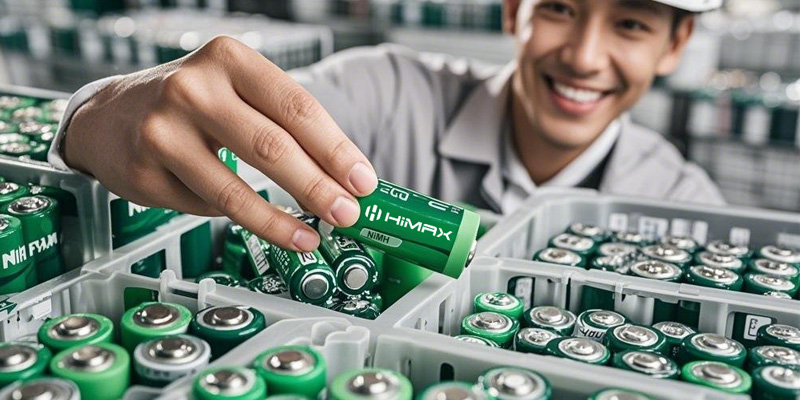
Conclusion: Achieving Cost Efficiency and Value with Himax
Himax is a trusted provider of wholesale NiMH batteries, offering superior value through advanced technology, cost-effective bulk pricing, and high-quality manufacturing. Their commitment to innovation, sustainability, and customer satisfaction makes them the ideal choice for businesses seeking reliable and affordable battery solutions.
By choosing Himax, companies can maximize cost efficiency while ensuring long-term performance and reliability. Contact Himax today to explore customized NiMH battery solutions that meet your business needs.

